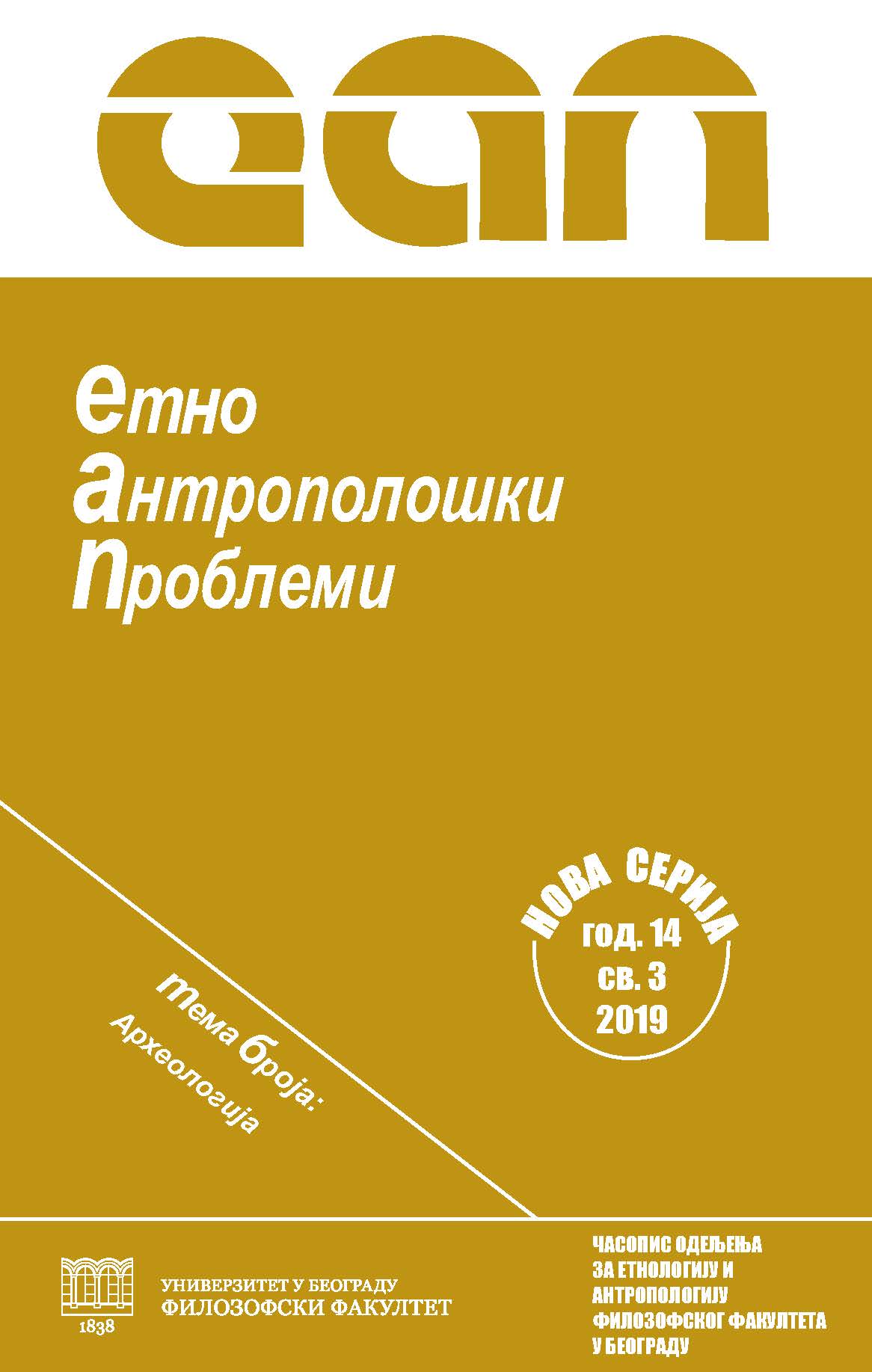Arheološko iskopavanje iz epistemološke perspektive
Archaeological Excavation from Epistemological Perspective
Author(s): Marko PorčićSubject(s): Archaeology
Published by: Филозофски факултет, Универзитет у Београду
Keywords: fieldwork; excavations; epistemology; archaeological method; archaeological record
Summary/Abstract: Archaeological excavation as the basic form of fieldwork in archaeology is frequently perceived, especially in the Serbian archaeological community, as the focus of the archaeological method. The syllabi of university courses in methodology of archaeological research are often primarily devoted to the methods and techniques of excavation. The aim of this paper is to present a wider picture, i.e. to present the role of excavation in archaeological method from the point of view of epistemology as the general methodology of scientific research. Two questions are essential in this process: 1. What is the epistemological structure of archaeological research and what is the place of excavation? 2. Does archaeological excavation have any specific traits compared to structurally equivalent epistemological positions of other sciences, natural as well as social? Although it may seem that the answer to the first question is straightforward – excavation produces data for archaeological research – it is only partially true in reality, since the quantity and quality of data produced by excavation forms just a small part of the universe of data generated in archaeology in order to answer the research questions and to test hypotheses. Also, the majority of archaeological research is conducted on the already excavated material (and therefore independently of research questions and hypotheses of a later research project), and it is only rare that excavation is conducted as a research phase of a particular project, thus differing archaeology from the majority of other sciences, where the phase of gathering data (e.g. experiment or survey) follows the formulation of research objectives and hypotheses. This reflects the specific epistemological position of archaeological excavation, which is the consequence of the fact that archaeological excavation is not always linked to academic research, but is sometimes conducted in the absence of a definite research project (e.g. rescue excavations). At the same time, the destructive character of excavation raises the issue of replication of interpretation of stratigraphic relations and decisions on collecting and documenting the material. Archaeological excavation is the basic source of material on the grounds of which data are generated in the problem-oriented research, while the quantity of data generated by fieldwork excavation is limited to contextual-stratigraphic information. Non-replicability of archaeological excavation produces a strong need for detailed documentation during the process itself, but in order to be rational, the scope of this documentation is limited by the scope of existing methods. The paper presents possible models of growth of archaeological knowledge, favouring the model of declining benefits and relative finity of archaeological knowledge.
Journal: Етноантрополошки проблеми
- Issue Year: 14/2019
- Issue No: 3
- Page Range: 751-767
- Page Count: 17
- Language: Serbian

